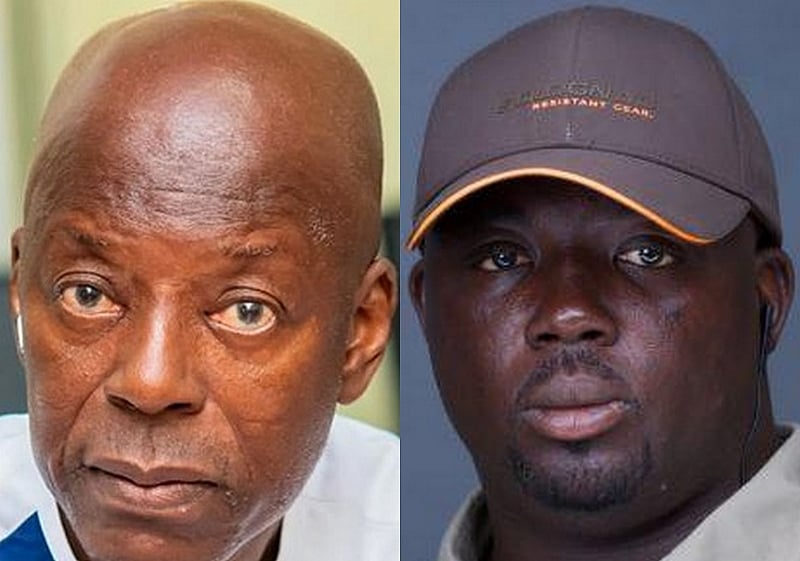In recent political developments, Mustapha Gbande, the Deputy General Secretary of the National Democratic Congress (NDC), has publicly criticized the party’s Amenfi Central Member of Parliament (MP), Peter Kwakye-Ackah. Gbande’s criticism centers around Kwakye-Ackah’s decision to run as an Independent candidate following the disqualification of the NDC’s parliamentary candidate, Joana Cudjoe, by the Electoral Commission (EC). This disqualification arose due to a pending interlocutory injunction, leading to accusations from Kwakye-Ackah that the NDC’s leadership was involved in the legal challenges against Cudjoe. Gbande vehemently dismissed these claims, labeling them as unsubstantiated and reaffirming the party’s commitment to its processes and candidates.
Kwakye-Ackah’s actions have sparked significant controversy within the party, with Gbande characterizing them as an attempt to hold the NDC “hostage” for his personal gain. He pointed out that Kwakye-Ackah’s political survival is tied to the NDC, as the party played a crucial role in his political ascendancy. Gbande asserted, “Kwakye-Ackah cannot hold the party to ransom because the party made him,” emphasizing the significance of party unity and discipline in the face of electoral challenges. This confrontational tone highlights the internal rifts within the NDC as it prepares for the upcoming December elections, suggesting a need for reconciliation and clarity among its members.
Despite the tensions, Kwakye-Ackah has expressed a willingness to resolve the disputes, claiming he is not seeking to undermine the NDC but rather to collaborate for mutual success in the upcoming elections. In his view, running as an Independent candidate does not preclude his potential to represent the NDC. He stated during an interview, “I believe we can collaborate. Now I have filed as an Independent, but I can still stand in as a candidate for the NDC,” positioning himself as a possible bridge between dissenting factions within the party. This indicates a complex relationship, where individual aspirations intersect with party loyalty and collective electoral strategies.
The broader implications of this situation highlight a critical moment for the NDC as it seeks to unify its ranks and present a formidable front in the 2024 electoral contest. The party is grappling with the challenge of maintaining cohesion amidst individual ambitions and the fallout from the Electoral Commission’s decision regarding Joana Cudjoe. The dynamics at play extend beyond personal conflicts, as they speak to the larger narrative of party organization, candidate endorsement, and public perception during an election cycle fraught with potential voter disillusionment.
Moreover, the controversy reflects ongoing tensions in Ghana’s political landscape, where party loyalty can often be tested by personal ambitions and differing political strategies. As Kwakye-Ackah navigates his dual role as an Independent candidate while aiming to reconcile with the NDC, the effectiveness of this approach remains uncertain. It raises questions about voter support for independent candidates and the potential risks associated with splintering party unity ahead of critical elections.
As the December elections approach, the NDC will need to act swiftly to address these internal disputes. Maintaining a united front is essential for the party’s success in a competitive political environment. The party’s leadership must not only handle the immediate fallout from the disqualification of its candidate but also strategize on how to integrate members like Kwakye-Ackah who are exploring alternative routes while still expressing loyalty to the party. Ultimately, the resolution of these tensions will be pivotal in determining the NDC’s electoral fortunes in the coming months.














